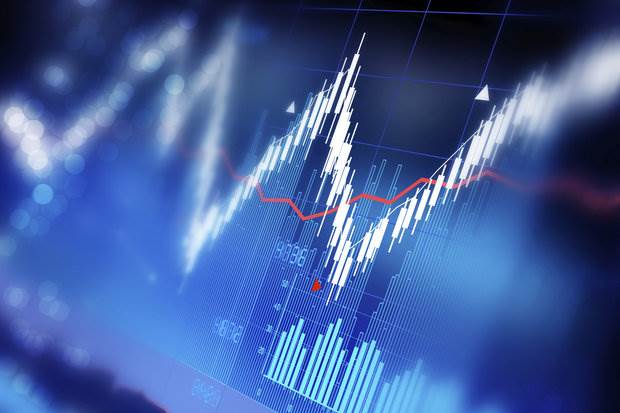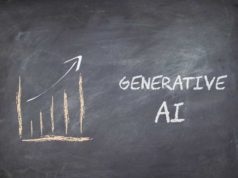The shock of Donald Trump’s upset victory has begun to wear off. Now the search for answers begins. In particular: How in this age of big data collection and data-crunching analytics could so many polls, economic election models, and surveys–even those by top Republican pollsters—have been so wrong going into election day?
Some got it right—Geda, the mystic monkey from China, and Felix, a Russian polar bear, for starters. A survey of Halloween presidential candidate masks also predicted a Trump presidency, as did “The Simpsons” back in 2000. And there are a lot of Democratic strategists wishing they’d given more credence this past summer to Michael Moore’s analysis of the political landscape, especially in the Rust Belt.
Looking for signs of intelligence
For those who like their predictions brewed with a dash more data, an artificial intelligence system developed by Indian startup Genic.ai successfully predicted not only the Democratic and Republican primaries, but each presidential election since 2004. To come up with its predictions, the MogIA system uses 20 million data points from online platforms such as Google, YouTube, and Twitter to gauge voter engagement.
MogIA found that Trump was topping Barack Obama’s online engagement numbers during the 2008 election by a margin of 25 percent—impressive even after factoring in the greater participation in social media today.
Sanjiv Rai, founder of Genic.ai, admits there are limitations to the data—MogIA can’t always analyze whether a post is positive or negative. Nonetheless, it has been right in predicting that the candidate with the most engagement online wins.
“If you look at the primaries, in the primaries, there were immense amounts of negative conversations that happen with regard to Trump. However, when these conversations started picking up pace, in the final days, it meant a huge game opening for Trump and he won the primaries with a good margin,” Rai told CNBC.
Artificial intelligence has advantages over more traditional data analysis programs. “While most algorithms suffer from programmers/developer’s biases, MoglA aims at learning from her environment, developing her own rules at the policy layer, and developing expert systems without discarding any data,” Rai said. His system could also be improved by more granular data, he told CNBC—for instance, if Google gave MogIA access to the unique internet addresses assigned to each digital device.
“If someone was searching for a YouTube video on how to vote, then looked for a video on how to vote for Trump, this could give the AI a good idea of the voter’s intention,” CNBC wrote. Given the amount of data available online, using social media to predict election results is likely to become increasingly popular.
Still not convinced and wanting to blame James Comey for Clinton’s loss? MogIA predicted a Trump victory before the FBI announced it was examining new Clinton emails.
Answer me this
There are also less data-intensive ways of making accurate predictions. American University professor Allan Lichtman doesn’t rely on social media, poll results, or demographics to predict elections, but he has an even better track record than MogIA: Lichtman has correctly predicted every presidential election since 1984.
Using earthquake prediction methods that gauge stability vs. upheaval, Lichtman says he developed a set of 13 true/false statements that predict elections based on the performance of the party currently in the White House.
“There’s a real theory behind this. And the theory is presidential elections don’t work the way we think they do,” Lichtman told CBSNews. “They’re not decided by the turns of the campaigns, the speeches, the debates, the fundraising. Rather, presidential elections are fundamentally referenda on the performance of the party holding the White House. If that performance is good enough, they get four more years. If it’s not, they’re turned out and the challenging party wins.”
Lichtman says his 13 keys (explained in more depth by the Washington Post) are a historically based system founded on the study of every presidential election from 1860 to 1980. His keys are simply ways of “mathematically and specifically” measuring the incumbent party’s performance based on the following factors:
- Party mandate
- Contest
- Incumbency
- Third party
- Short-term economy
- Long-term economy
- Policy change
- Social unrest
- Scandal
- Foreign/military success
- Foreign/military failure
- Incumbent charisma
- Challenger charisma
If six of his statements are false, Lichtman says, the incumbent party loses the presidency.
“Donald Trump’s severe and unprecedented problems bragging about sexual assault and then having 10 or more women coming out and saying, ‘Yes, that’s exactly what you did’—this is without precedent,” Lichtman pointed out in an interview with the Washington Post. “But it didn’t change a key. By the narrowest of possible margins, the keys still point to a Trump victory.”
Here’s predicting that MogIA and Lichtman will be closely watched in the next election—in addition to Geda and Felix, of course.







